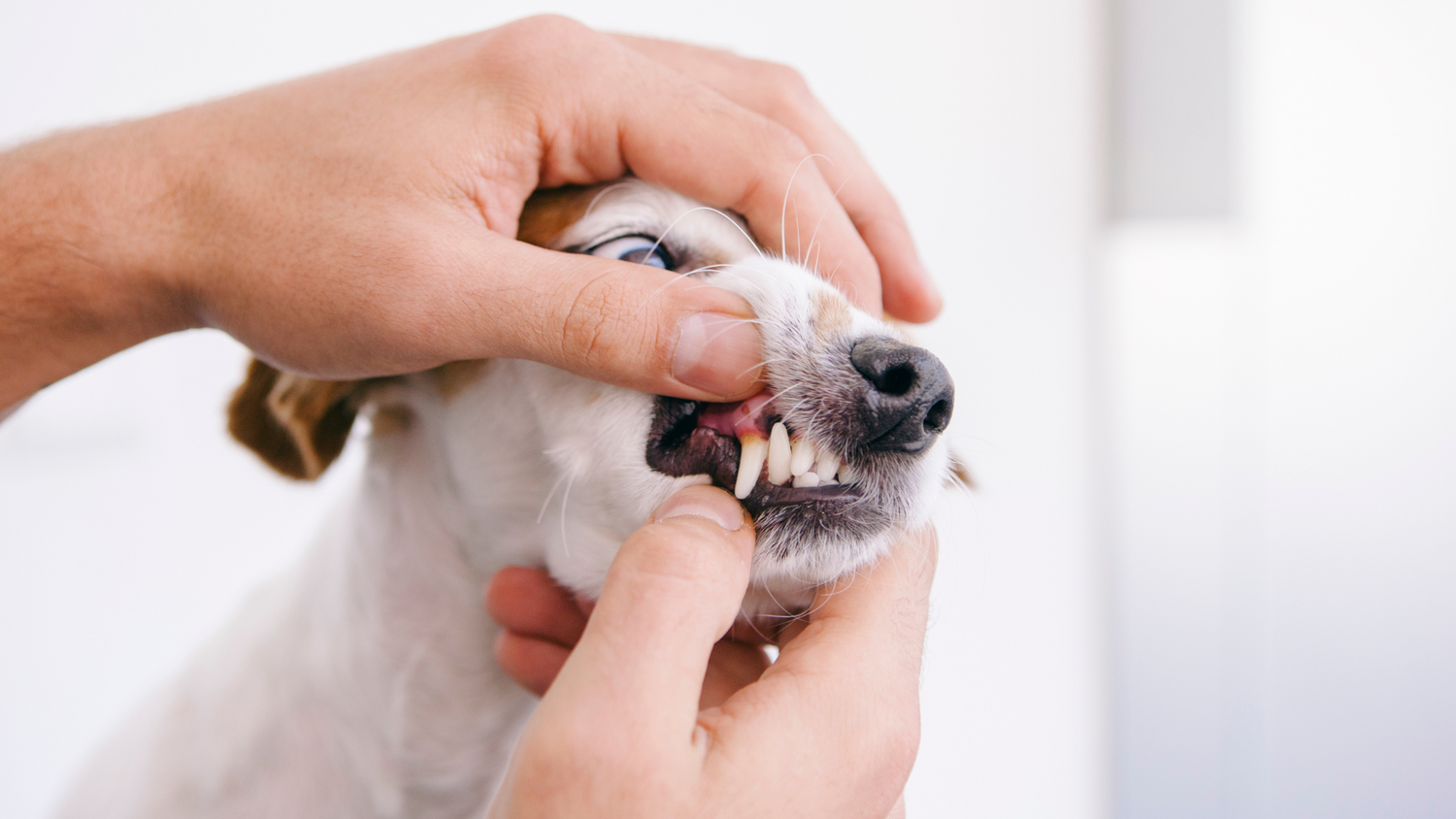We often hear about the importance of a healthy gut in humans, but did you know that our canine companions also benefit significantly from a well-balanced digestive system? Just like in humans, a dog's gut health plays a crucial role in their overall well-being, and recent studies have shed light on the intriguing connection between gut health and mental wellness in our furry friends. In this blog post, we'll explore the fascinating world of the gut-brain connection in dogs and understand how an imbalanced gut can contribute to stress and anxiety.
The Gut-Brain Axis:
The gut-brain axis is a bidirectional communication system between the gastrointestinal tract and the central nervous system. This complex relationship involves the brain, the gut, and the microbiota – a diverse community of microorganisms that reside in the digestive system. In dogs, as in humans, this communication system plays a pivotal role in regulating various physiological processes, including mood and emotional well-being.
Microbiota and Gut Health:
The gut is home to trillions of microorganisms, including bacteria, viruses, and fungi, collectively known as the microbiota. This diverse ecosystem not only aids in digestion and nutrient absorption but also plays a crucial role in modulating the immune system and maintaining a healthy balance of neurotransmitters.
When the balance of the gut microbiota is disrupted, it can lead to dysbiosis, an imbalance that negatively affects the overall health of the digestive system. Factors such as diet, stress, and antibiotics can contribute to dysbiosis in dogs, potentially setting the stage for a cascade of health issues, including anxiety.
Impact on Neurotransmitters:
The gut microbiota plays a key role in the production and regulation of neurotransmitters, the chemical messengers that transmit signals in the brain. Serotonin, often referred to as the "feel-good" neurotransmitter, is produced in the gut and has a significant impact on mood and emotional stability. An imbalanced gut can result in altered serotonin levels, potentially contributing to heightened stress and anxiety in dogs. This can show up in behavioural changes like:
- Barking
- Paw Licking
- Nibbling in paws/legs
- Excessive yawning
- Reactivity
- Crying
- Shaking
Inflammation and the Stress Response:
An imbalanced gut can also lead to increased inflammation, triggering a stress response in the body. Chronic inflammation has been linked to a variety of health issues, including anxiety disorders. In dogs, persistent inflammation resulting from an imbalanced gut can amplify the physiological and behavioural signs of stress, making it essential to address the root cause.
Promoting Gut Health for a Calmer Canine:
Maintaining a healthy gut is vital for a dog's overall well-being and can significantly impact their stress and anxiety levels. Here are some tips to promote a balanced gut in your furry friend:
- Probiotics: This is essential to rebalance the gut microbiome and the gut-brain axis! Introduce high-quality probiotics into your dog's diet to support a healthy balance of gut bacteria, like our Prebiotic & Probiotic Supplement.
- Dietary Considerations: Provide a well-balanced and nutritious diet that includes prebiotics, which nourish beneficial bacteria in the gut. We love Big Dog Barf Raw Food, this is an amazing fresh feeding product that is completely balanced!
- Reducing Stressors: Minimise stressors in your dog's environment and routine to help prevent the negative impact of stress on the gut.Try our Stress + Anxiety Supplement!
- Regular Exercise: Encourage regular exercise, as physical activity has been shown to positively influence gut health and reduce stress. This is so important especially for working dog breeds, also consider an enrichment routine.
- Anti-inflammatory ingredients: As previously stated inflammation in the gut can have a huge impact on the central nervous system. Adding anti-inflammatory ingredients like turmeric or omegas into the diet can be amazing to support the nervous system. Try our Phytoplankton Omega & Multi for this!
Understanding the connection between gut health and stress in dogs opens up new avenues for promoting their overall well-being. By paying attention to the delicate balance of the gut microbiota, implementing dietary changes, and creating a supportive environment, we can contribute to a calmer and happier life for our canine companions. As responsible pet owners, let's embark on a journey to nurture not only their physical health but also their mental and emotional resilience.





